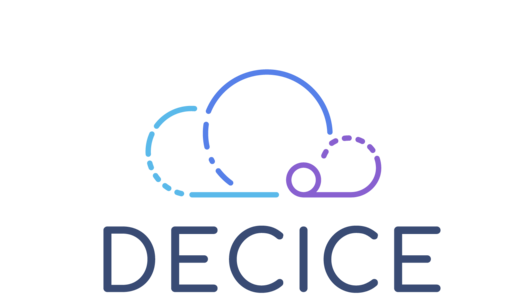The goal of Gaia-X4ICM is to implement a scaling production platform based on the Gaia-X ecosystem for the InnovationCampus Mobility of the Future (ICM) to make Gaia-X more usable for production of planning systems, industrial controls, and sensor data, among other applications.









